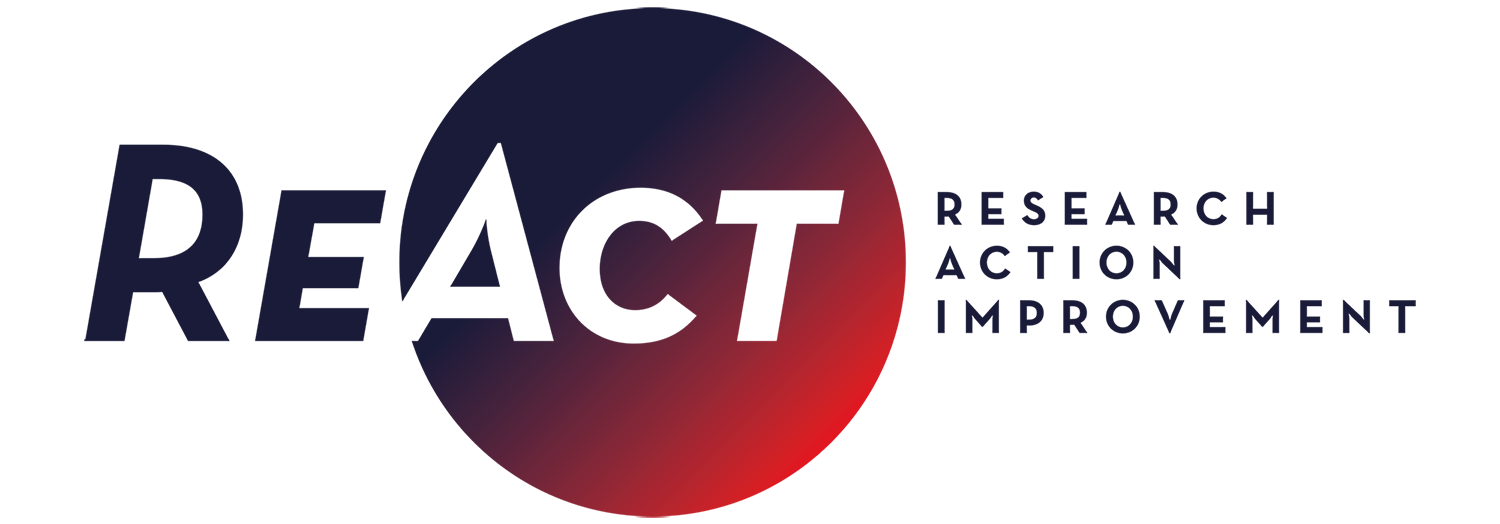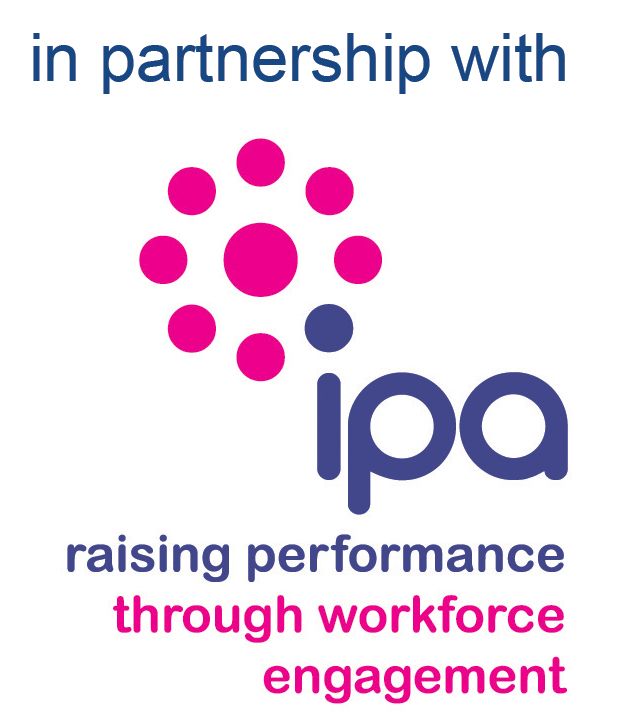
ReAct innovative practice case studies: supporting ESOL participants
This report explores the challenges and opportunities around the delivery of English language support to Restart participants. The report includes three case studies of different approaches to delivering ESOL solutions to Restart participants; one intensive course designed and delivered internally, one delivered by an external provider but bespoke to Restart, and a third looking at the experience of a dedicated ESOL employment adviser.
While the three case studies outlined in this report covered distinct approaches, they offer overarching themes for providers to consider in designing an ESOL support offer for participants on employment support programmes:
- Providers should consider the timings and location of ESOL courses to ensure accessibility for the target audience. For example, running a course during school hours will ensure participants with children can access it. Providers should also consider events which may be important to potential participants, such as Friday prayers.
- An effective language level assessment and diagnostics process will ensure that participants are placed in the course which best reflects their level of English. These are most effective in person.
- Engage with individuals directly, rather than allowing their family members to speak for them, to accurately assess proficiency. Providers sometimes found participants English skills were higher than expected.
- Providers should consider the digital literacy of participants when designing a course. Participants may need extensive support to access courses delivered online, but improving digital literacy alongside language skills will provide an additional benefit and bring participants closer to work.
- Participants experience a range of wider benefits in addition to developing their language skills. For example, they gain confidence, independence, a chance to socialise, and ESOL courses also bring together people from different backgrounds who may not otherwise interact.
All Primes have reported increased need for ESOL provision, with ESOL needs being the third most commonly reported barrier to work identified by providers. This report seeks to help understand and gain insight into the potential models to meet that need.

